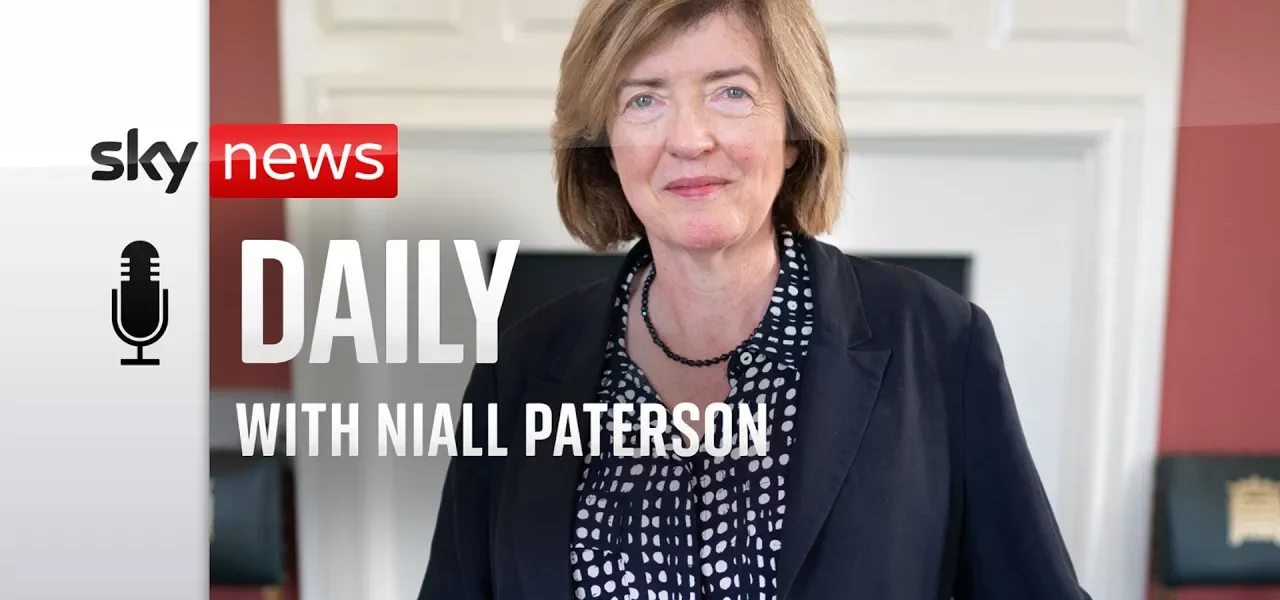The Role and Influence of Special Advisers in Westminster

Welcome to an in-depth exploration of the unique and often controversial role of special advisers in the UK government. This article delves into the recent resignation of Sue Gray, highlighting the implications for political dynamics within Westminster and examining the responsibilities and challenges faced by special advisers.
Introduction
Special advisers, often referred to as “spads,” play a critical role in the functioning of the UK government. Appointed directly by politicians rather than being civil servants, they are tasked with providing strategic advice, managing communications, and navigating the complex political landscape. The recent departure of Sue Gray from her position as Chief of Staff to Sir Keir Starmer has brought renewed attention to the power dynamics between special advisers and civil servants, raising questions about accountability and influence within the political sphere. This article aims to provide a comprehensive overview of the role of special advisers, their impact on governance, and the challenges they face.
Understanding Special Advisers
Special advisers serve as political advisers to cabinet ministers, providing them with the necessary support to navigate their roles effectively. Unlike civil servants, who are expected to remain politically neutral, special advisers are openly aligned with their political parties and operate with a degree of autonomy. The responsibilities of special advisers can vary significantly depending on the needs of their ministers.
Key Responsibilities of Special Advisers
- Strategic Political Advice: Offering insights on policy and political strategy.
- Media Management: Acting as a liaison between the minister and the media, shaping the narrative and public perception.
- Interdepartmental Liaison: Facilitating communication and collaboration between different government departments.
- Problem Solving: Assisting in resolving issues that may arise within the department or in public perception.
The Power Dynamics at Play
While special advisers do not hold formal power over civil servants, their influence can be substantial. Their authority often stems from the trust and cooperation established with the cabinet ministers they serve. This can create a complex dynamic in which special advisers can effectively shape policy and decision-making processes, despite their lack of official authority.
The Resignation of Sue Gray
The resignation of Sue Gray has sparked discussions about the effectiveness and accountability of special advisers. As a senior adviser with substantial experience in Whitehall, Gray’s departure highlighted underlying tensions within the political apparatus.
Background on Sue Gray
Sue Gray previously held a prominent position in the civil service before transitioning to a special adviser role. Her tenure was marked by her involvement in significant political events, including the investigation into partygate, which brought her prominence in the public eye.
Reasons for Resignation
Reports suggest that Gray’s resignation was influenced by a challenging environment characterized by conflicts with other special advisers and a lack of support. Her ability to navigate the political landscape effectively came into question, leading to her decision to step down after just 13 weeks in the role.
The Role of Chief of Staff
The Chief of Staff is a pivotal role within the political framework, serving as the primary gatekeeper for the Prime Minister or cabinet minister. The appointment of Morgan McSweeney as the new Chief of Staff following Gray’s resignation is indicative of an effort to stabilize the political environment.
Responsibilities of the Chief of Staff
- Prioritizing Ministerial Tasks: Ensuring that the minister’s agenda is managed effectively.
- Staff Coordination: Overseeing the activities of special advisers and ensuring alignment with departmental goals.
- Strategic Planning: Developing both short-term and long-term strategies to achieve political objectives.
Challenges Faced by the New Chief of Staff
Transitioning into the role of Chief of Staff requires not only expertise in political strategy but also the ability to manage complex interpersonal dynamics. McSweeney’s experience during the election campaign may provide a strong foundation, but the role demands adaptability and resilience in the face of rapid political changes.
Insights from Former Special Advisers
To gain a deeper understanding of the realities of being a special adviser, we consulted Peter Cardwell, a former adviser to various senior Conservative politicians. His experiences shed light on the often chaotic and unpredictable nature of the role.
Path to Becoming a Special Adviser
Cardwell described the recruitment process as largely informal, often relying on personal relationships rather than standardized hiring practices. He emphasized the importance of networking and connections within the political sphere.
A Day in the Life of a Special Adviser
The daily routine of a special adviser can be demanding and varied, often characterized by:
- Morning Briefings: Starting the day with updates on current political issues.
- Meetings with Ministers: Regular discussions to align on strategy and messaging.
- Media Engagements: Preparing for and participating in media interviews.
- Policy Development: Collaborating with civil servants on policy proposals.
Conclusion
The role of special advisers in Westminster is both influential and controversial. As highlighted by the recent events surrounding Sue Gray’s resignation, the dynamics between special advisers and civil servants can significantly impact governance and public perception. While their contributions are vital in navigating the complexities of political life, the lack of formal accountability raises important questions about the balance of power within the government. As we move forward, it is essential to critically assess the role of special advisers and their impact on the political landscape.
For more insights on UK politics and governance, explore our related articles on the roles within the civil service and the inner workings of government departments.
“`




